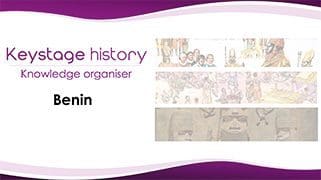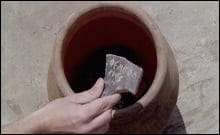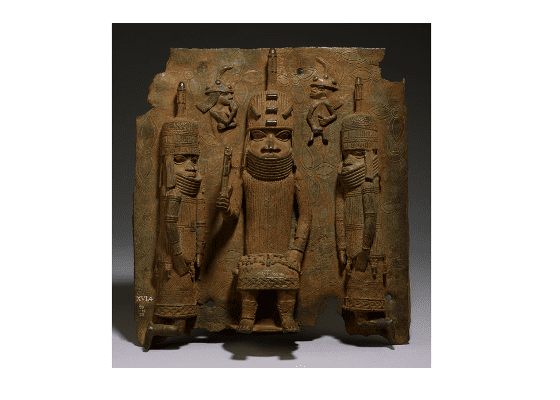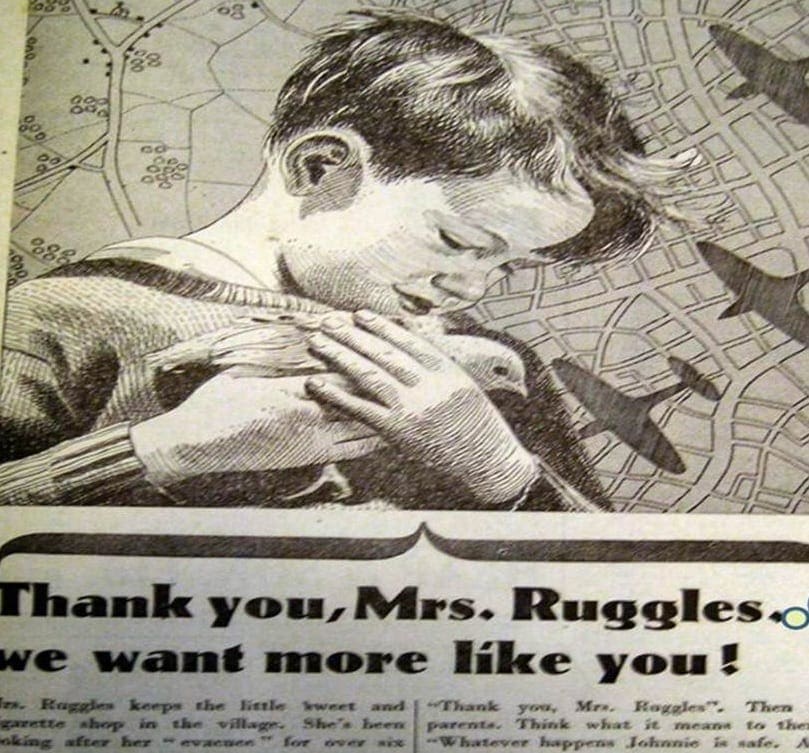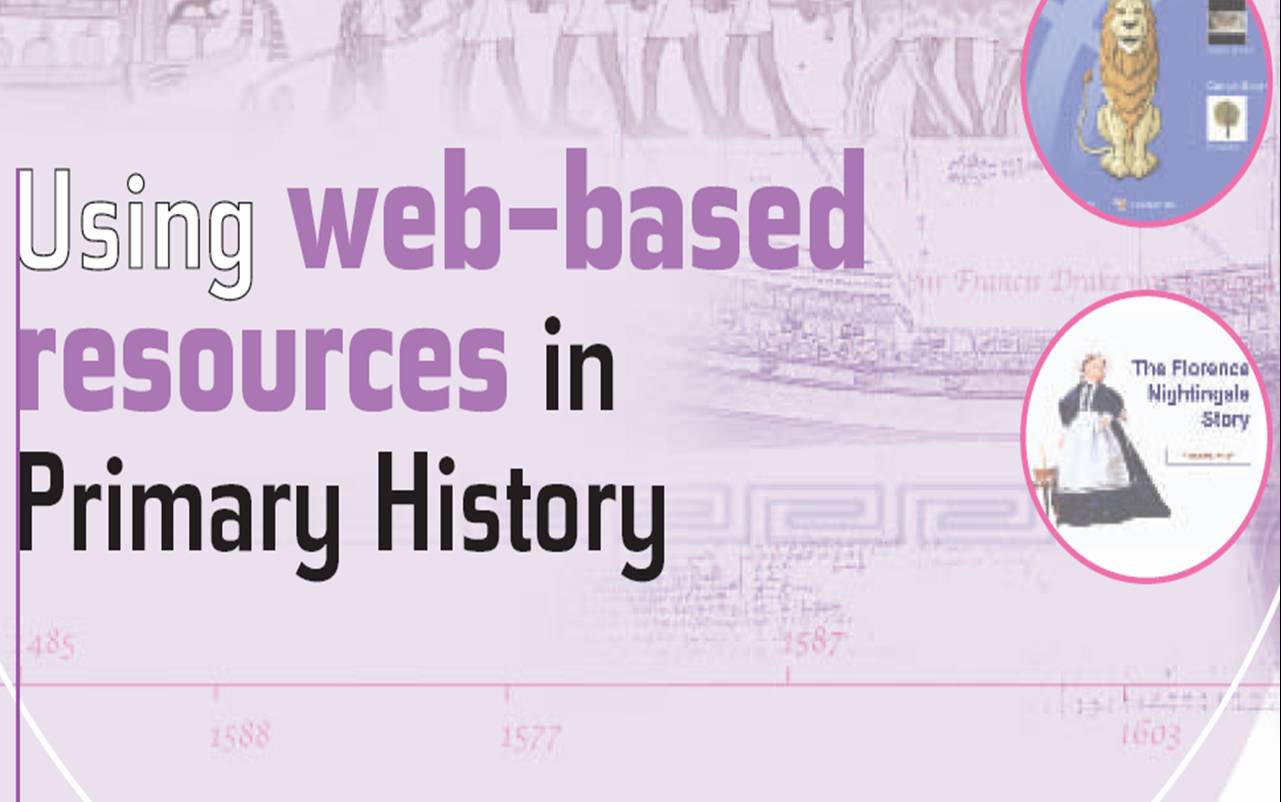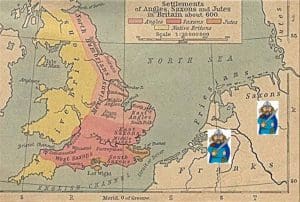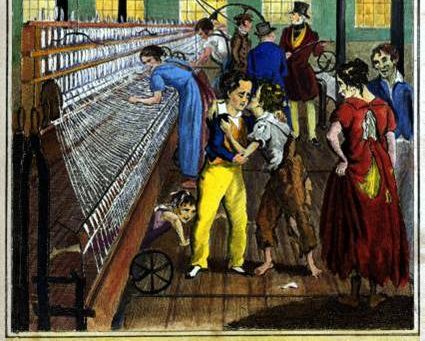
This lesson is designed for Y5/6 pupils who already have a little knowledge of industrial change but have not yet studied cotton mills. Although the main part of the lesson is devoted to a playlet in which pupils act out real testimony about children’s working conditions that was given to parliament in 1832, it also features a fun ‘post-it challenge relay. The lesson closes by asking hard questions about reliability of evidence and prepares pupils well for level 5 historical thinking.
Learning objectives
- pupils can identify a range of problems that children faced working in the factories
- they can identify possible reasons why factory owners and workers might not tell the truth when questioned
- pupils develop speaking skills by taking part in a role play and listening skills by recalling the key points others make during role play
Step 1: Introduction Setting the scene for the role play
The year

